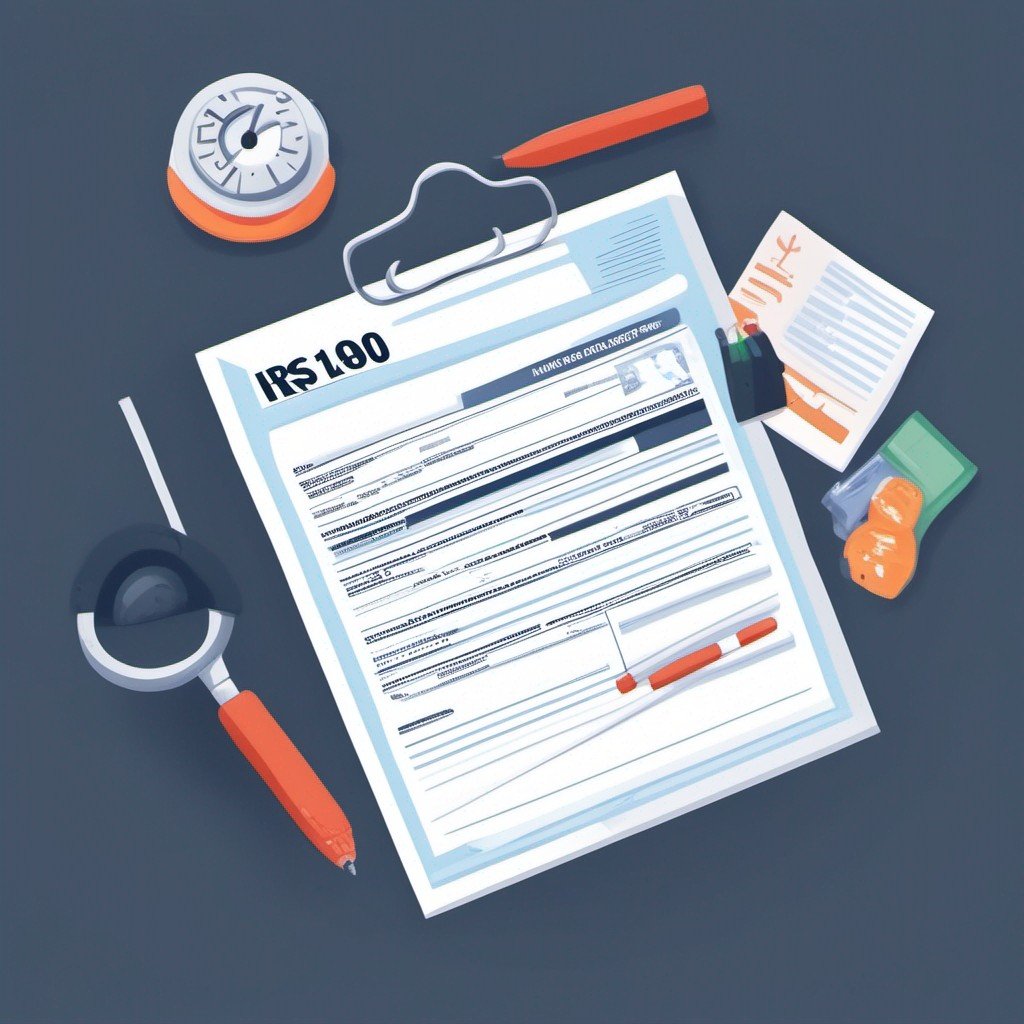The notion that the federal government would merely calculate their tax obligations and issue a demand for payment has long been a pipe dream for a lot of taxpayers. But with the help of IRS Direct File, a free new pilot programme for online tax filing, the federal government hopes to make that possibility a reality for millions of taxpayers nationwide.
The Inflation Reduction Act provides funding for IRS Direct File, giving the Internal Revenue Service (IRS) $80 billion to update its antiquated technology and better serve the public. IRS Direct File is one of the services the IRS is testing out for the 2024 tax season in a few states that qualify. According to Kell Canty, CEO of Ledgible, a cryptocurrency tax and accounting company, it will assist many taxpayers with basic tax returns in filing electronically with the IRS quickly and easily and accelerating their refunds.
Canty stated that since Direct File is intended for simple tax situations, it is unlikely that many investors will be impacted by the programme from a cryptocurrency perspective. When it comes to taxes, crypto tax reporting and computations are anything but easy.
For starters, new regulations surrounding cryptocurrency taxes continue to be complicated and difficult to understand, according to Erin Fennimore of TaxBit. Additionally, the IRS has been heavily targeting cryptocurrency investors, requesting wallet addresses and personal data from them on centralized exchange platforms like Coinbase or Binance. Because most of the data requested in these information requests for transaction records is not easily uploaded onto IRS Direct File, the government’s new pilot programme is largely useless for the cryptocurrency sector. These requests can feel burdensome.
Fennimore went into detail about the kind of information that cryptocurrency investors should expect to gather on their own from exchanges. As an individual investor, a lot of information is up to you to find. In contrast, if I buy and sell Apple stock, the broker provides me with all of that information on a Form-1099. This is because brokers are part of an ecosystem that mandates that they gather, monitor, and then forward specific information to individuals as well as the IRS. This makes it possible for the taxpayer to accurately file and pay their taxes after that.
Nonetheless, there are efforts underway to standardize and provide greater clarity to global crypto taxation. A new Crypto-Asset Reporting Framework (CARF) that standardized tax information on crypto transactions was approved by the Organization for Economic Co-operation and Development last summer.








